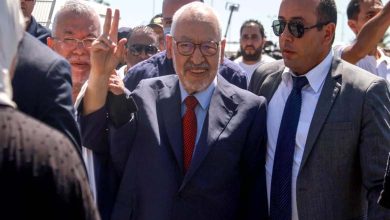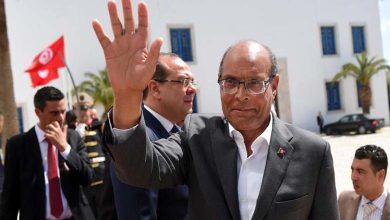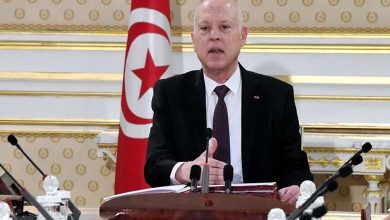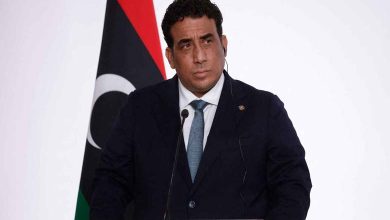The Ennahdha Movement collapses… Crises hit the Muslim Brotherhood in Tunisia
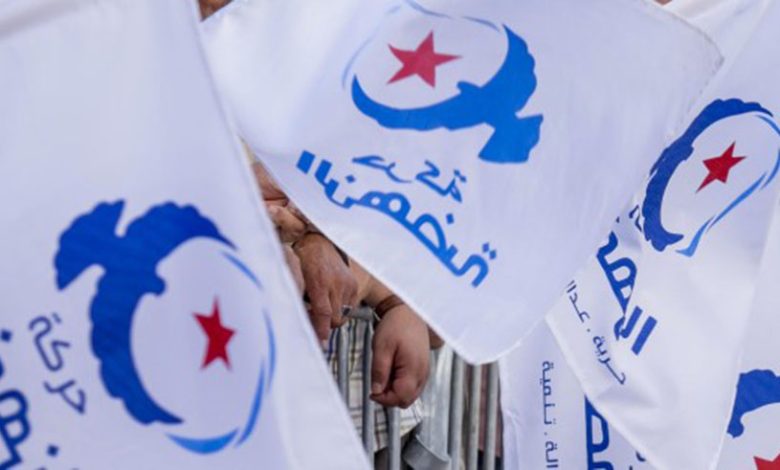
After the Ennahdha Movement’s Islamist dominance over power and control of the state for a decade, the movement was forced to relinquish power in the summer of 2021, and since then, it has been politically disintegrating.
Penetration in Tunisia
During the past ten years, the Ennahdha Movement managed to penetrate all aspects of the Tunisian state. Through its cunning tactics and schemes, it is now gasping for breath. Its leadership has divided; some have completely distanced themselves from public affairs, while others have turned to establishing new parties. This comes after losing its electoral base and all its allies, who added limited legitimacy to its political project.
The beginning of the collapse
The Ennahda Movement led the government in Tunisia during the past decade, which witnessed economic collapse and intense political disputes that culminated in the removal of Kais Saied from parliament and the government in 2021, marking a new path without the Muslim Brotherhood, who had dominated and led the power for a long time.
Crises and disintegration
Dr. Oussama Aouidet, a member of the Tunisian People’s Movement and a political analyst, says that the Ennahdha Movement witnessed divisions that weakened the movement, which emerged from the womb of the Muslim Brotherhood. Numerous leaders withdrew from it and founded new parties, such as the “Work and Achievement Party” led by prominent former leaders Samir Dilou and Abdellatif Mekki.
He added that the head of the Ennahda Movement, Rached Ghannouchi, who has been in prison since April 14th of last year, is being investigated in a series of cases filed against him. The latest charges include accusations of inciting a civil war in the country and urging Tunisians to bear arms. He also faced another case in which he was accused of inciting against security forces by describing them as tyrants in one of his statements. The investigations continue with him in other cases related to money laundering, receiving foreign funding for his party, involvement in political assassination cases, and sending young people to conflict and terrorism hotspots. This is in addition to the recent arrests of a significant number of Muslim Brotherhood leaders, including former presidents and ministers, on charges related to conspiring against national security and preparing for a coup.
He pointed out that the recent decisions issued by the Tunisian judiciary are manifestations of the movement’s disintegration, following noteworthy decisions, including the arrest of the former Prime Minister and Deputy Head of Ennahdha, Ali Larayedh, due to the file of sending Tunisians to conflict zones during the rule of the Troika between 2011 and 2013.



